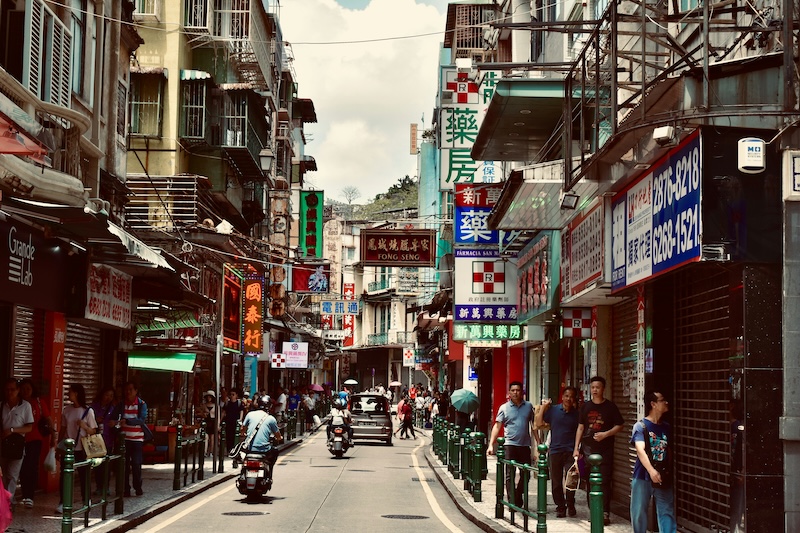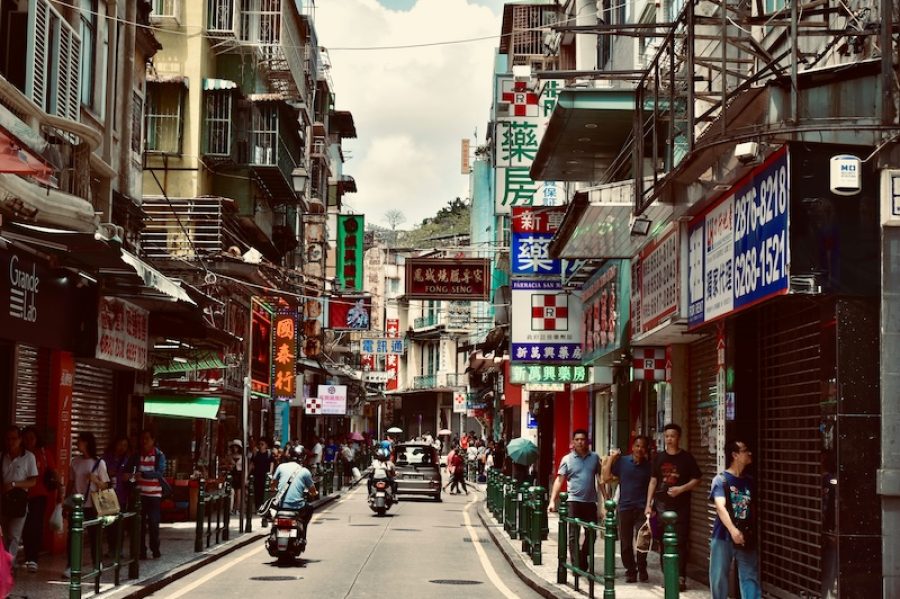The Macao government’s minimum subsistence index was one of the main talking points during TDM’s Macao Forum radio program yesterday.
As the income limit that the SAR government uses to assess whether or not a person is eligible for government welfare, the index is especially important to those in disadvantaged and low-income groups.
During the program, a caller identified by the surname Lei argued that the government should conduct a review on an annual basis rather than every five years, as is currently the case.
“The minimum subsistence index should be adjusted yearly whether it is increased or decreased,” Lei said. “It’s reasonable to adjust it every year.” She pointed out that there was a pressing need for this, as the city’s elderly population had already surpassed its young population, resulting in greater financial pressures.
The last update to the subsistence index was back in 2020, with the figure for a household of one increasing by 2.84 percent, from 4,230 patacas to 4,350 patacas. The next review is not scheduled to take place until next year, according to the Social Welfare Bureau.
The vice president of the Macau Institution of People’s Alliance, Chan Peng Peng, who was a guest on the program, said the government should be more transparent with how it makes the adjustment, as well as its decision behind the scheduling of the review.
[See more: Year-on-year inflation in July was less than one percent, DSEC data shows]
“It is not legally stipulated, but is based on when government departments think it should be adjusted,” Chan said. “Where does this basis come from? I hope the government will explain more to the public.”
But another guest of the program, University of Macau academic Chan Kin San, hit back at the view that the index should be shifted yearly, arguing that doing so would put its credibility at risk.
He explained that the government needed time to conduct research and gather the necessary data, as well as study other new measures from around the world.
The academic also spoke of the need for the authorities to take into account the new modes of consumption during their review of the index, including the trend of locals going to cheaper mainland cities to do their shopping.
“These lifestyle changes may result in the current data collection not being able to effectively reflect the inflationary pressure faced by Macao residents,” he stated.
Leong Lou Ian of the General Union of Neighbourhood Association offered her suggestions as well, noting a more accurate picture of resident’s consumption habits could be gleaned through interviews.






